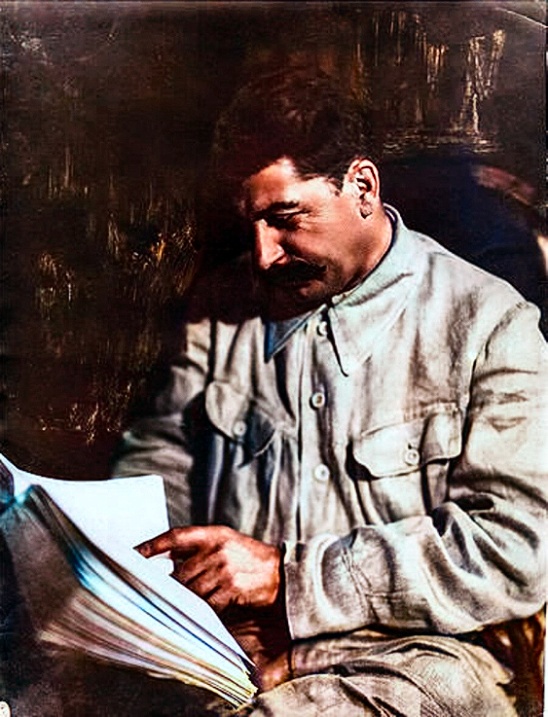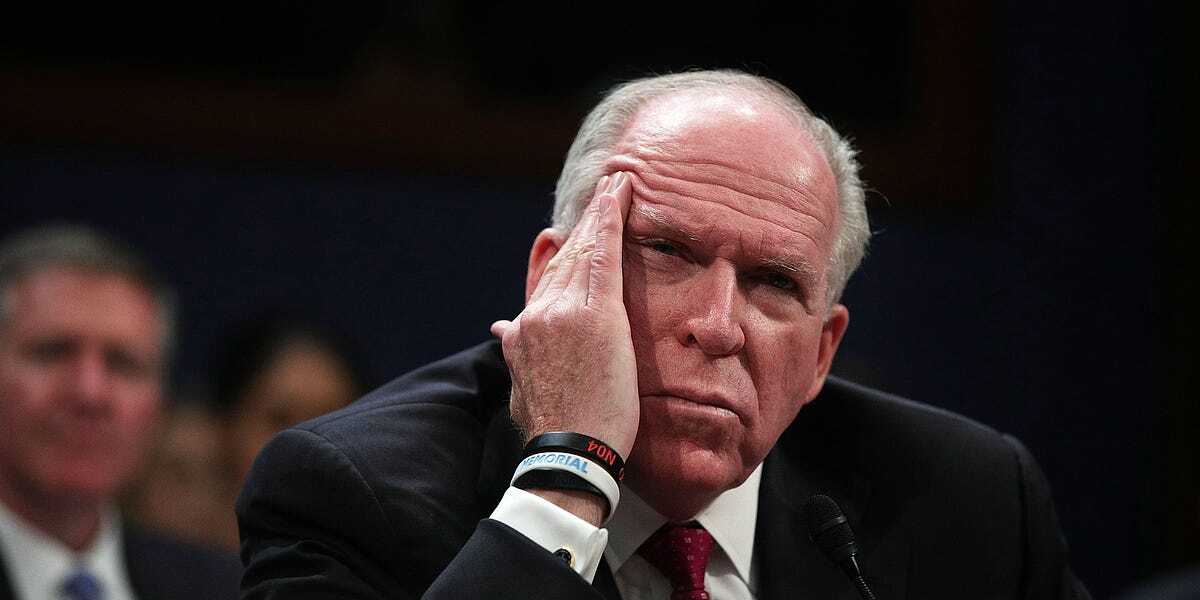It’s behind a hard paywall. It’s a long article filled with links. A sample:
“They cooked the intelligence,” says a source close to a House Permanent Select Committee on Intelligence (HPSCI) investigation into the origins of the Trump-Russia scandal, whose full findings have until now been blocked from release. “They made it look like Putin supported Trump,” the source added. “The evidence points the other way.”
The HPSCI investigators, who worked out of a “small office in Langley” and had broad access to classified documentation and witnesses from the CIA and other agencies, found U.S. intelligence analysts had “a lot of stuff about the Russians calling Trump ‘mercurial,’ ‘unreliable,’ and ‘not steady.’” On the other hand, the agency had information that Russians saw Hillary as “manageable and reflecting continuity. It was a relationship they were comfortable with.”
“We looked at the report and the sourcing they used to evaluate the sourcing,” we were told. “When we dug further to look at the data available to them that they didn’t use, and it overwhelmingly contradicted their conclusions that Russia supported Trump.”
The effort to manufacture the Intelligence Community claim that Russians had a “clear preference” for Trump” was led by then-CIA Director John Brennan, whom sources also implicate in an unprecedented effort to place more than two dozen Trump aides and associates under surveillance prior to the election. U.S. intel leaders like Brennan coaxed foreign allies, particularly from so-called “Five Eyes” security partners like the United Kingdom, into “making contacts and bumping” Trump associates throughout 2016.
A crucial conclusion of the HPSCI investigators was that both the surveillance campaign and the rapidly assembled ICA were conducted for political reasons. This was not a national security investigation that turned political. It began as a political enterprise.
“They thought they could damage Trump,” the source said. “It had nothing to do with our relationship with Russia. It was just leveraging capabilities to undermine this rookie unprepared Trump campaign, because they were easy marks.” This information squares with a report from a little-noticed interview of FBI Special Agent William Barnett, who was part of both the FBI’s Crossfire Hurricane probe and the subsequent Special Counsel investigation led by Robert Mueller. On September 21, 2020, Barnett told investigators in a different review that the initial belief that the Trump campaign was “penetrated by Russians” was “opaque,” a case theory based on “supposition after supposition.” He described a lack of predication and a “get Trump” attitude among investigators, who were guided by what he called “astro projection,” which led them from dead end to dead end in an Ahab-like search for an elusive “quid pro quo.”
The information obtained by Public and Racket is based on information from three sources close to the HPSCI investigation, who described reports and internal documentation assiduously kept from the public for years. Though gathered by Republican-appointed investigators, the data came from the U.S. intelligence community’s own records of the Trump-Russia investigation, just like another probe conducted by the same office that has already been proven true – the FISA abuse investigation.
Virtually every major contention of the original Russiagate probe has now been debunked, from the notion that the Trump campaign had a secret “back channel” to the Kremlin in 2016, to the idea that a Trump aide was an “agent of a foreign power,” to accusations of “collusion” with the GRU or Russian hackers. Even the idea of election “interference” in 2016 was largely a press fiction. As noted in the Columbia Journalism Review opus about the Trump-Russia scandal by Jeff Gerth, reporters from papers like the New York Times used phrases like “the most effective foreign interference in an American election in history,” and even the Pulitzer Committee commended prize-winning Times and Post reporters for their coverage of “Russian interference in the 2016 presidential election and its connection to the Trump campaign.”
Not even Brennan’s team ever used the term “interference.” “Influence campaign” was as far as they went, and no connection between the Trump campaign and “influence” activities was ever established.
There are still large segments of the population that believe there was a Russian campaign to help Trump and avoid a Clinton presidency. If there’s any proof that this conclusion is true, Republicans and Democrats alike should be demanding its release. Figures like Brennan, Comey, and James Clapper should especially be pounding a table to get that data out.
Absent such evidence, the HPSCI report — especially considered in light of all the surrounding evidence that dissent was suppressed — should allow us to consider that myth exploded. The still-blocked raw research needs to come out, however. In an election year in which the question of who violated norms first is paramount, voters need to see everything.
“It will come down to the documents,” is how one source put it. “The public needs to see them all.”
Thanks for that!
Not a big fan of blaming russia for everything wrong with American politics like the DNC is, but I’m also not particularly convinced by “sources close to” a Republican controlled committee in the house. Do they mention who or what “blocked” this report from being released?

matt taibbi
hmm, did elon musk provide this leaked information??
paywalled, can somebody lift it and paste to comment?
Looks like someone posted it to Pastebin, but that loses all the hyperlinks & images.





